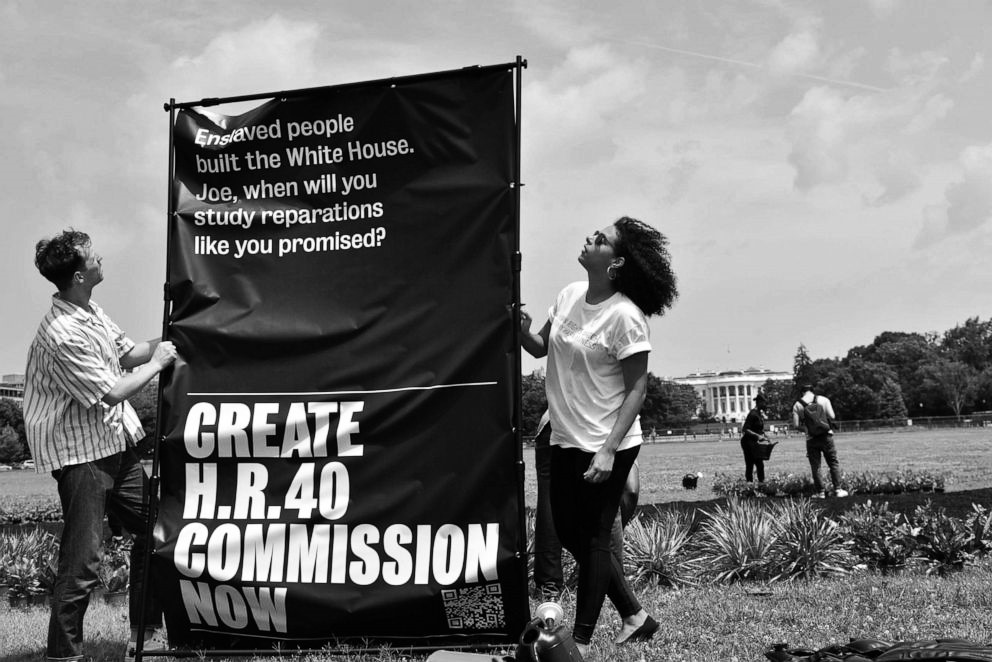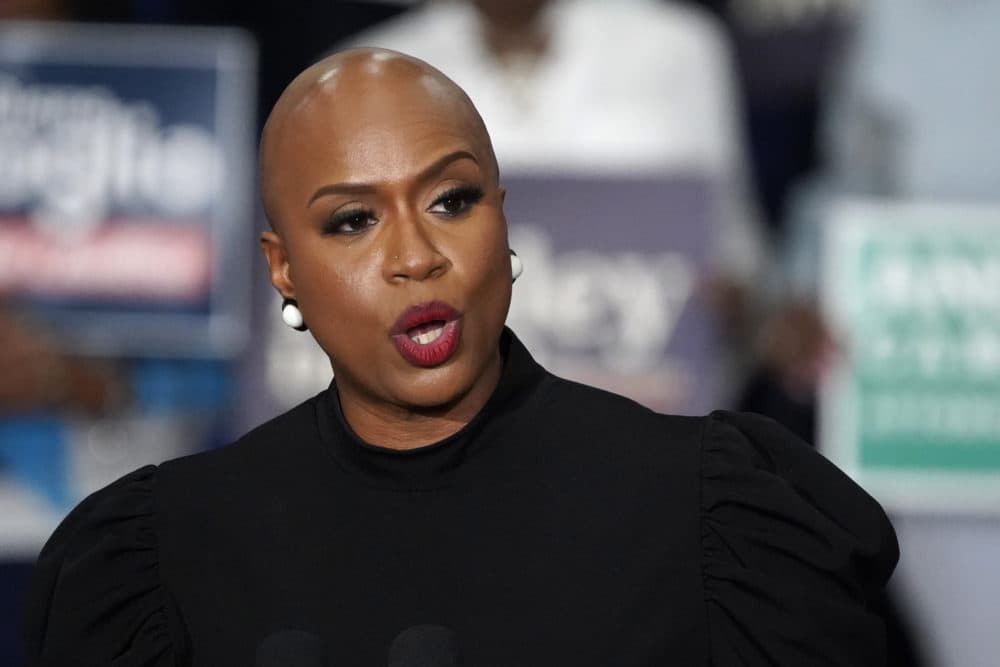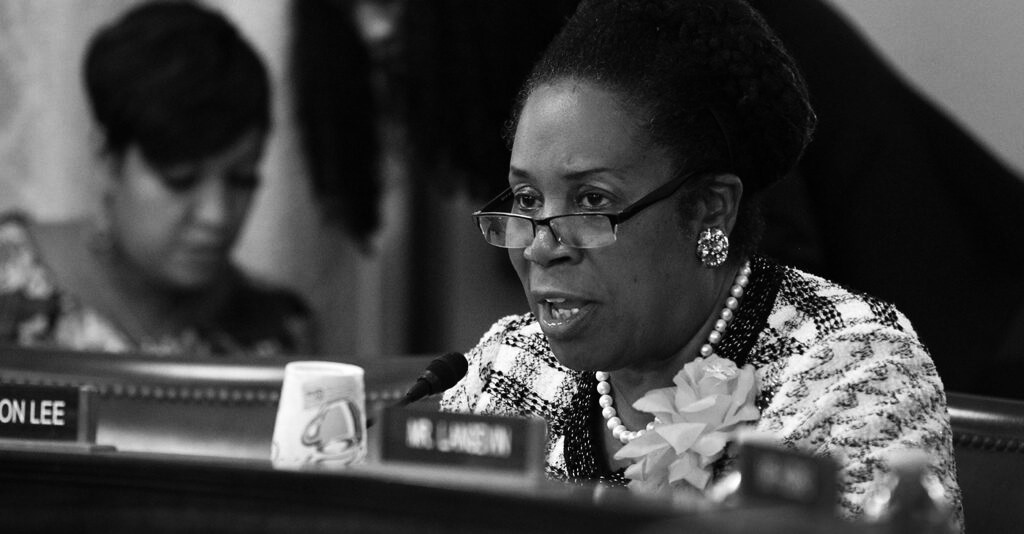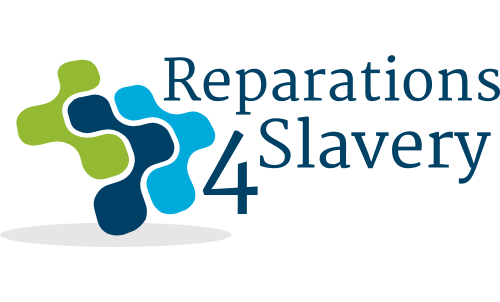Introduction: What is H.R.-40?

H.R.- 40, named after the 40 acres and a mule promised but never given to enslaved people after emancipation, is a bill seeking to evaluate redress possibilities for the United States’ participation in the Transatlantic Slave Trade.
The bill calls for a $14MM appropriation to establish and convene a commission to complete redress evaluation.
The bill was modeled after the successful Civil Liberties Act of 1988, which provided redress to Japanese Americans imprisoned in 7 US concentration camps during WWII. Japanese Americans have actively campaigned for African American redress.
HR-40 Hearings, June 19th 2019
Summary of Legislation
The Primary Goals of H.R. 40:
- Establish a commission to study and develop reparation proposals for African Americans.
- Examine slavery and discrimination in the colonies and the U.S. from 1619 to the present and recommend appropriate remedies.
- Identify the role of Federal and state governments in supporting the institution of slavery.
- Identify forms of discrimination in the public and private sectors against freed slaves and their descendants
- Identify lingering negative effects of slavery on living African Americans and society.
- Recommend ways to educate the American Public about the Commission’s findings.
- Recommend appropriate redress actions.

Representative Ayanna Pressley

RIP Representative Sheila Jackson Lee 1950 - 2024
Bill Sponsorship History
Representative John Conyers Jr. introduced the bill every year since 1989. In March 2018, after Rep. John Conyers' passing, Representative Sheila Jackson Lee, D. Texas, assumed the role of first sponsor for the bill. Rep. Sheila Jackson Lee died in 2024. Representative Ayanna Pressley has now sponsored the bill.
There were more than 200 cosponsors for H.R. 40 during the 117th Congress | 2021-2022. It was the largest number of cosponsors of the bill, first introduced in 1989.
HR-40 was reintroduced in 2025 by Ayanna Pressley as the 119th Congress convened. The bill has remained sidelined, however, and reparationists have called for an executive order. While the current administration is highly unlikely to address this call for repair, national advocates agree that the flame must be kept alive.
Support for HR 40
The America Civil Liberties Union
The ACLU actively supports H.R. 40 and has a Reparations for Slavery support form available online for those willing to urge congress members to also support the bill.
Other major national organizations supporting reparations for slavery include NCOBRA and National African American Reparations Commission, which are in favor of HR-40.
